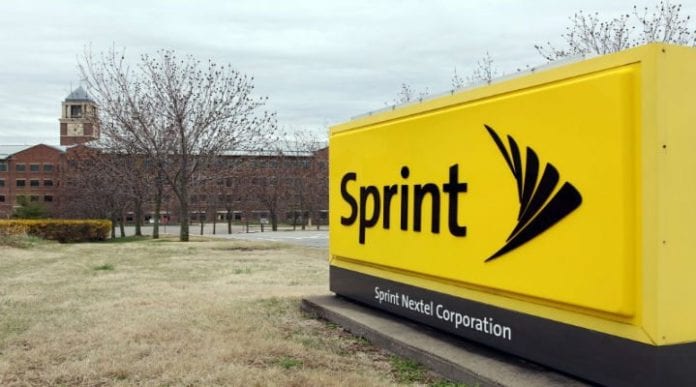Rolls-Royce has signed a deal with the Hasso Plattner Institute, a finishing school for digital engineering in Germany, to enhance the British engine maker’s capabilities in artificial intelligence (AI) and data security.
The pair signed a memorandum of understanding at the ILA Berlin Air Show last week, committing them to “pioneering research” in the fields of ‘design thinking’ and e-learning, besides AI and data security. The Hasso Plattner Institute will work with R² Data Labs, Rolls-Royce’s acceleration hub for data innovation; their collaboration will focus on the aerospace sector, specifically.
Rolls-Royce said their work will help it to develop AI techniques to enable “precise and customised precautionary maintenance” of Rolls-Royce engines in manufacturing and operation, and security expertise to ensure the integrity of engine data in both stages. The Hasso Plattner Institute will also integrate its so-called ‘design thinking’ approach, its process for creative problem-solving, into Rolls-Royce’s ‘digital academy’, and set up e-learning to support further information exchange.
The move will help Rolls-Royce build up a “community of data innovators,” according to Alastair McIntosh, the company’s head of civil aerospace technology programmes, and director of engineering and technology in Germany. “Working with academics, OEM partners, niche start-ups and a broad range of other trusted third-parties this kind of collaborative innovation will unlock the most potential value from data,” he said.

The Faculty of Digital Engineering, founded jointly by the Hasso Plattner Institute and the University of Potsdam, is the first privately financed public faculty of a public university in Germany. Its degrees in IT systems engineering offer a “practical and engineering-oriented study programme that is unique throughout Germany,” it claims.
The Hasso Plattner Institute said will make Rolls-Royce’s operations “more capable, competitive and flexible,” according to its managing director, Christoph Meinel, also dean of the digital engineering faculty at Potsdam University.
“Our integrated teams of researchers and students are experienced in developing IT solutions for real issues using insights into the decision-making and development processes of companies. The topics our agreement covers are critical to continued business leadership,” said Meinel.
R² Data Labs was opened by Rolls-Royce at the end of 2017 to make use of data analytics, AI and machine learning techniques to unlock design, manufacturing and operational efficiencies within the company. At its launch, it described “mixed discipline teams of data experts working in collaboration with teams from across Rolls-Royce’s operations.”
It said in a statement: “These cells apply cutting edge DevOps principles to rapidly explore data, unlock and test new ideas, and turn those ideas into new innovation and services. These Data Innovation Cells will accelerate new ideas to fuel an already exciting portfolio of predictive, data-based services in areas such as asset availability, efficiency and maintenance or safety and compliance.”
Last month, Rolls-Royce said autonomous ships will be a reality before robot aircraft or driverless cars, despite the maritime industry’s late start with digital technologies. The British engine maker said it will test autonomous tug boats in port waters along the Finnish coast this summer.

